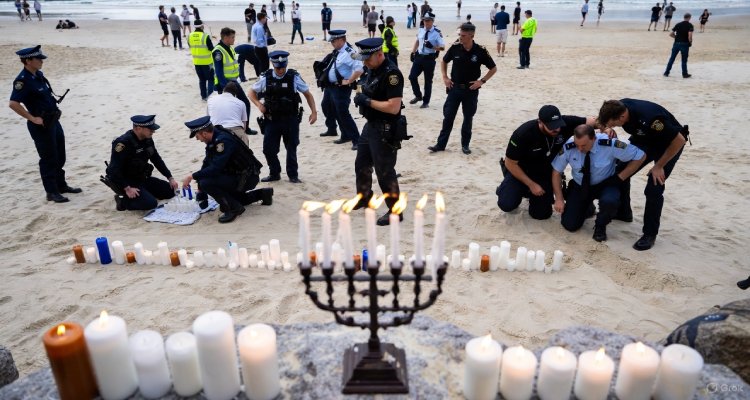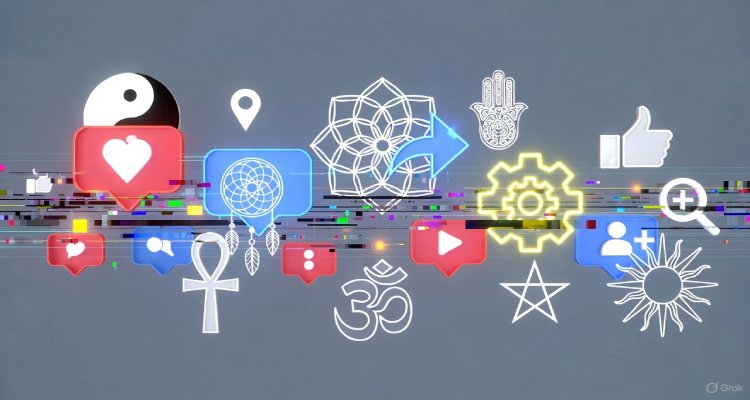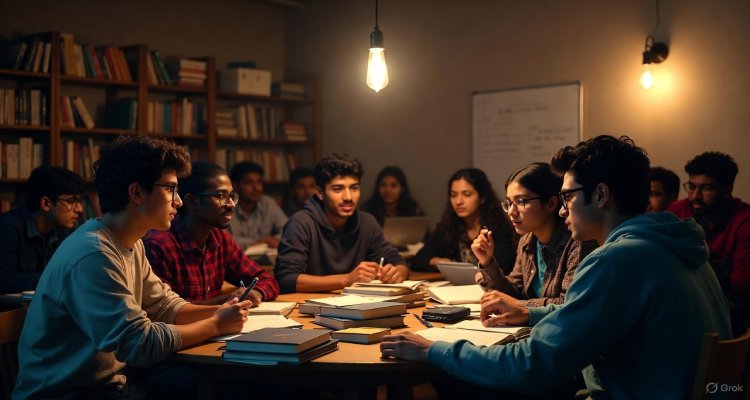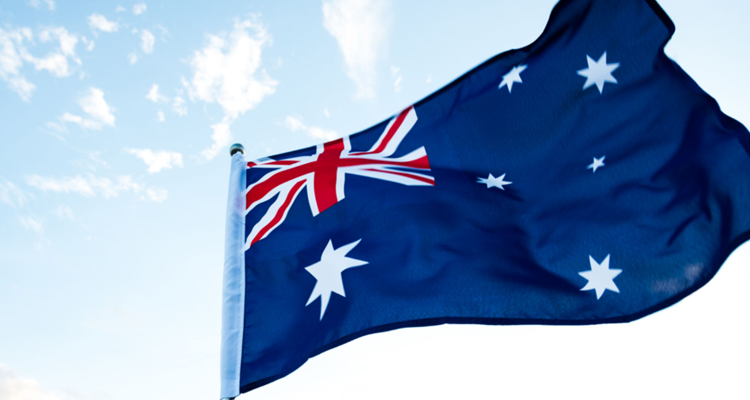Australia Day Tensions Rise as Protests and Vandalism Mark National Holiday
Australia Day remains a divisive issue as protests and acts of vandalism highlight Indigenous grievances over colonization. Read more on the latest developments.
Tensions Escalate Ahead of Australia Day Protests
As Australia prepares for its annual national holiday on January 26, the ongoing debate over its historical significance continues to spark controversy. In the early hours of Saturday, two historic statues in Melbourne were vandalized, underscoring the deep divisions over a date many Indigenous Australians regard as a day of mourning rather than celebration. With tens of thousands expected to take to the streets in protest, the national holiday is once again a focal point for calls to acknowledge the lasting impacts of colonization.
Acts of Vandalism Target Colonial and Military Monuments
Local media reports confirm that a statue of John Batman, one of Melbourne’s founding figures, was sawed in half overnight. Batman, historically credited with the city’s establishment, was also implicated in violent acts against Indigenous communities. The defaced statue symbolizes a growing movement to reassess colonial-era figures and their impact on Australia’s First Nations people.
Meanwhile, a monument honoring Australian soldiers who served in World War One was splashed with red paint. The words “Land Back” were prominently scrawled across the structure, a phrase often used by activists demanding the return of traditional lands to Aboriginal and Torres Strait Islander people. Authorities have yet to identify those responsible for the vandalism, but the incidents have reignited discussions about how Australia reckons with its past.
The Controversy Surrounding January 26
For many Australians, January 26 is a time for national pride, barbecues, and fireworks. However, for Indigenous communities, it represents the beginning of centuries of displacement, oppression, and cultural erasure. The date marks the arrival of Captain James Cook in Sydney Cove in 1788, leading to British colonization and the marginalization of Australia’s First Nations people.
Calls to change the date or introduce a new national observance recognizing Indigenous history have gained momentum in recent years. While some politicians and public figures support the idea, government leaders have largely resisted altering the holiday, citing tradition and national unity.
Nationwide Protests and Cultural Demonstrations
Across the country, protests and demonstrations are expected to draw large crowds. In Sydney, the sails of the Opera House were illuminated with artwork by Wiradjuri-Biripi artist James P. Simon as part of a series of dawn ceremonies honoring Indigenous heritage.
In Melbourne’s central business district, local shopkeepers have been advised to prepare for an estimated 30,000 protestors marching through the streets. Demonstrations are set to take place in other major cities, including Brisbane, Perth, and Adelaide, with activists advocating for Indigenous recognition, land rights, and social justice.
Perspectives from Indigenous Leaders and Activists
Prominent Indigenous leaders have reiterated their call for change, emphasizing the need for greater recognition of historical injustices. “Australia Day, as it stands, is a painful reminder of colonization and the loss of our sovereignty. It is time for the nation to listen to our voices and move towards meaningful reconciliation,” said a spokesperson for the Warriors of the Aboriginal Resistance, an activist group organizing protests.
On the other hand, some government officials argue that Australia Day can be a moment for unity rather than division. “It is important to acknowledge our history while also celebrating the progress we have made as a nation,” said a federal representative. “We need to find ways to bring Australians together rather than create further divides.”
The Future of Australia Day: Change or Continuation?
With public sentiment shifting and younger generations increasingly aware of Indigenous issues, the future of Australia Day remains uncertain. While official changes may not be immediate, the growing momentum behind Indigenous-led movements suggests that conversations around the date—and its meaning—are far from over.
For now, as thousands take to the streets in protest and cultural events showcase Indigenous resilience, Australia finds itself at a crossroads. Will the country hold onto tradition, or will it evolve to reflect a more inclusive history?
As Australia grapples with its colonial past and the future of its national day, the divide between celebration and commemoration remains stark. Whether through protests, artistic expression, or political discourse, the debate over January 26 is a powerful reflection of the nation’s ongoing struggle with its history. How Australia chooses to move forward will ultimately shape its identity for generations to come.
Source: (Reuters)
(Disclaimer: This article is based on publicly available information and media reports. Events and statements are subject to change. Readers are encouraged to refer to official sources for the latest updates.)
Also Read: South Korean Court Rejects Bid to Extend Yoon Suk Yeol’s Detention











